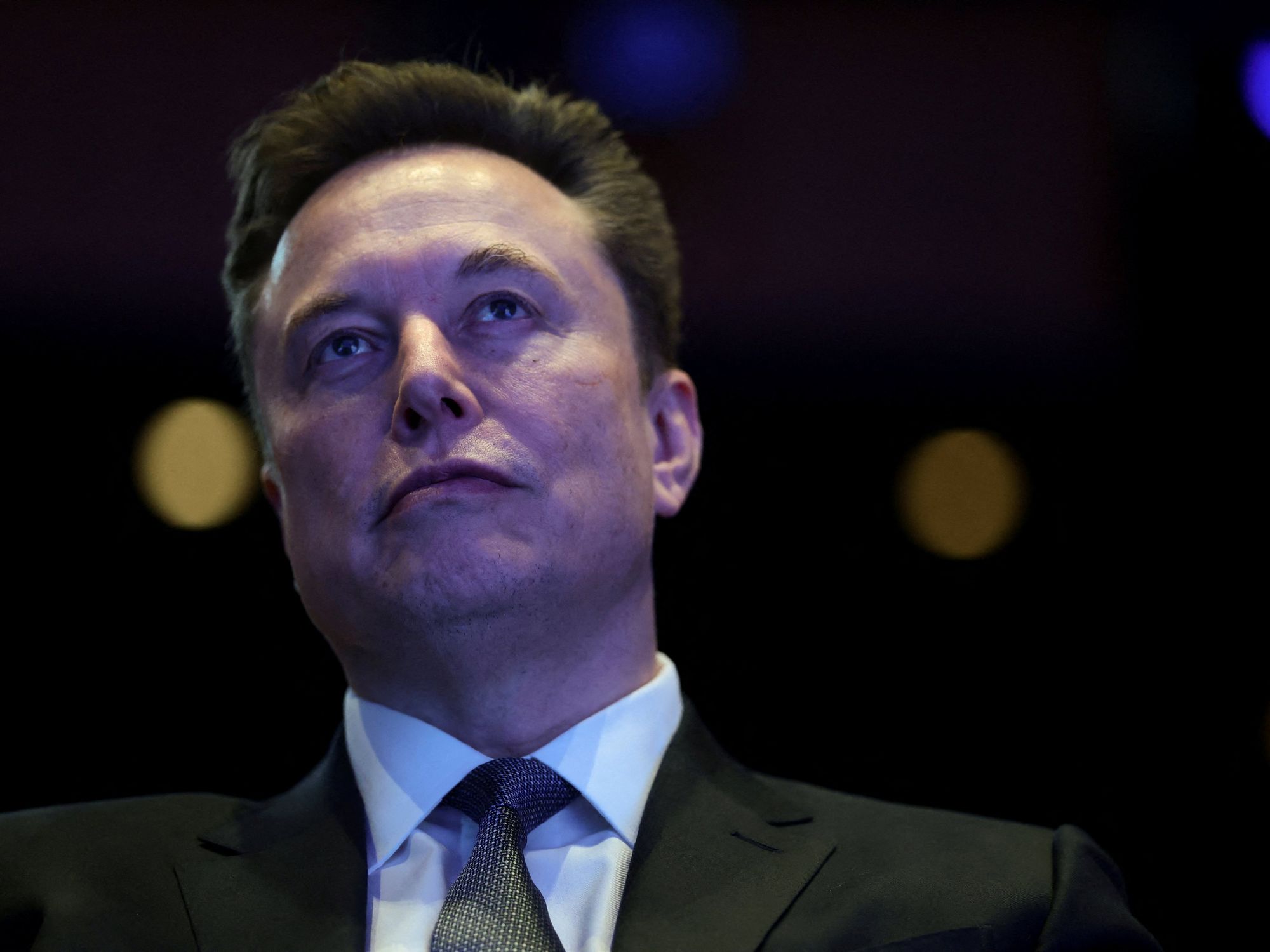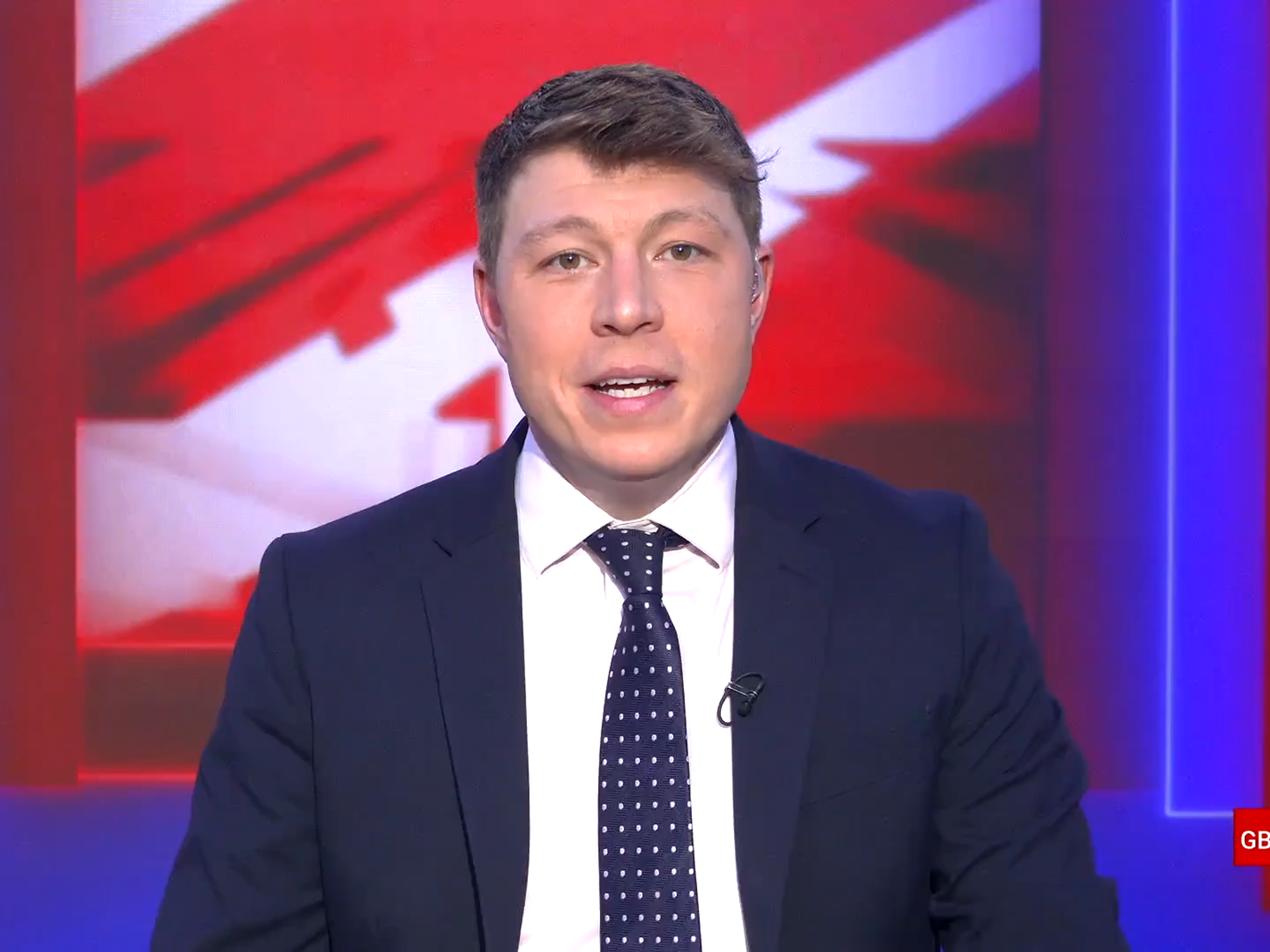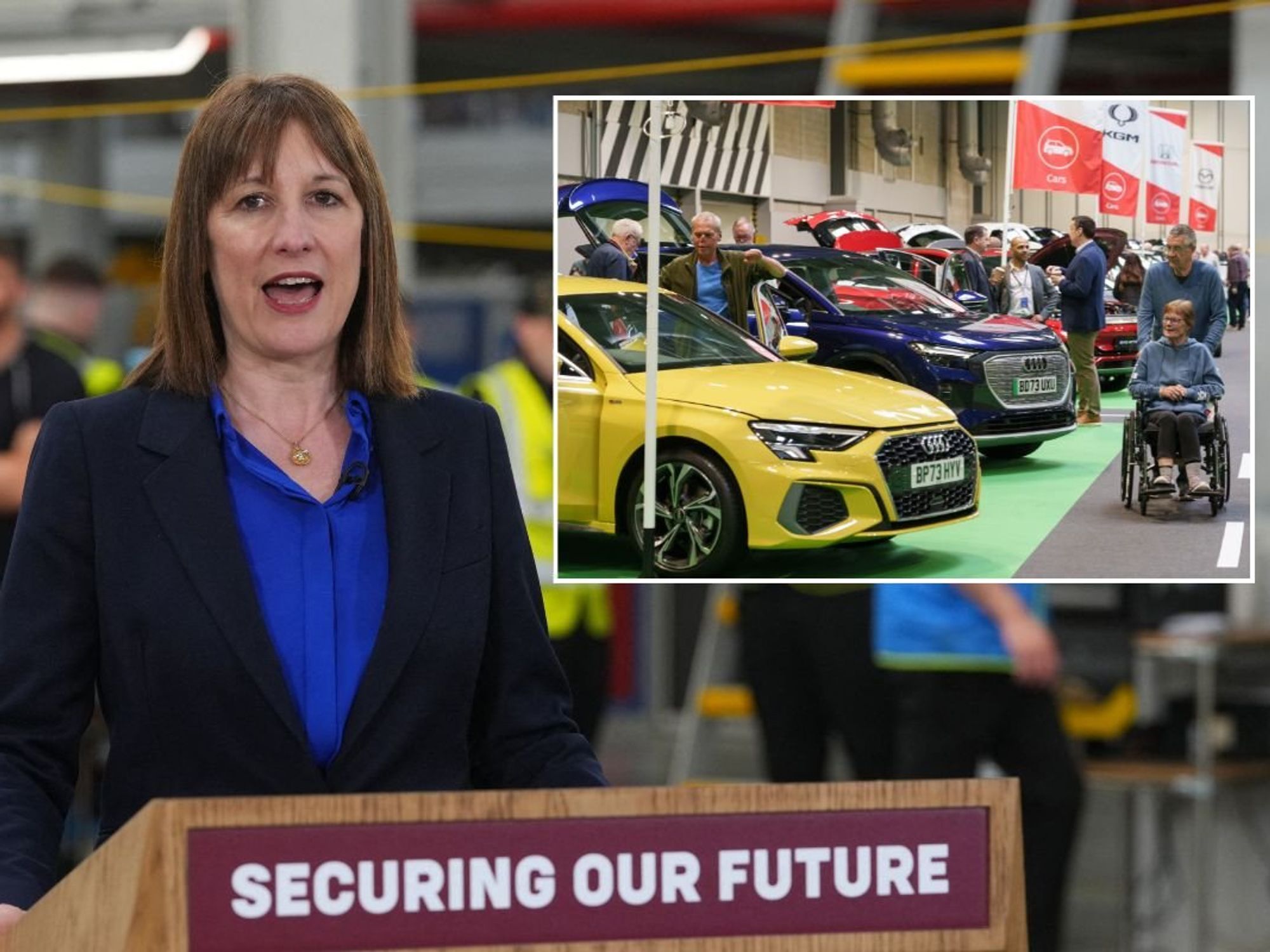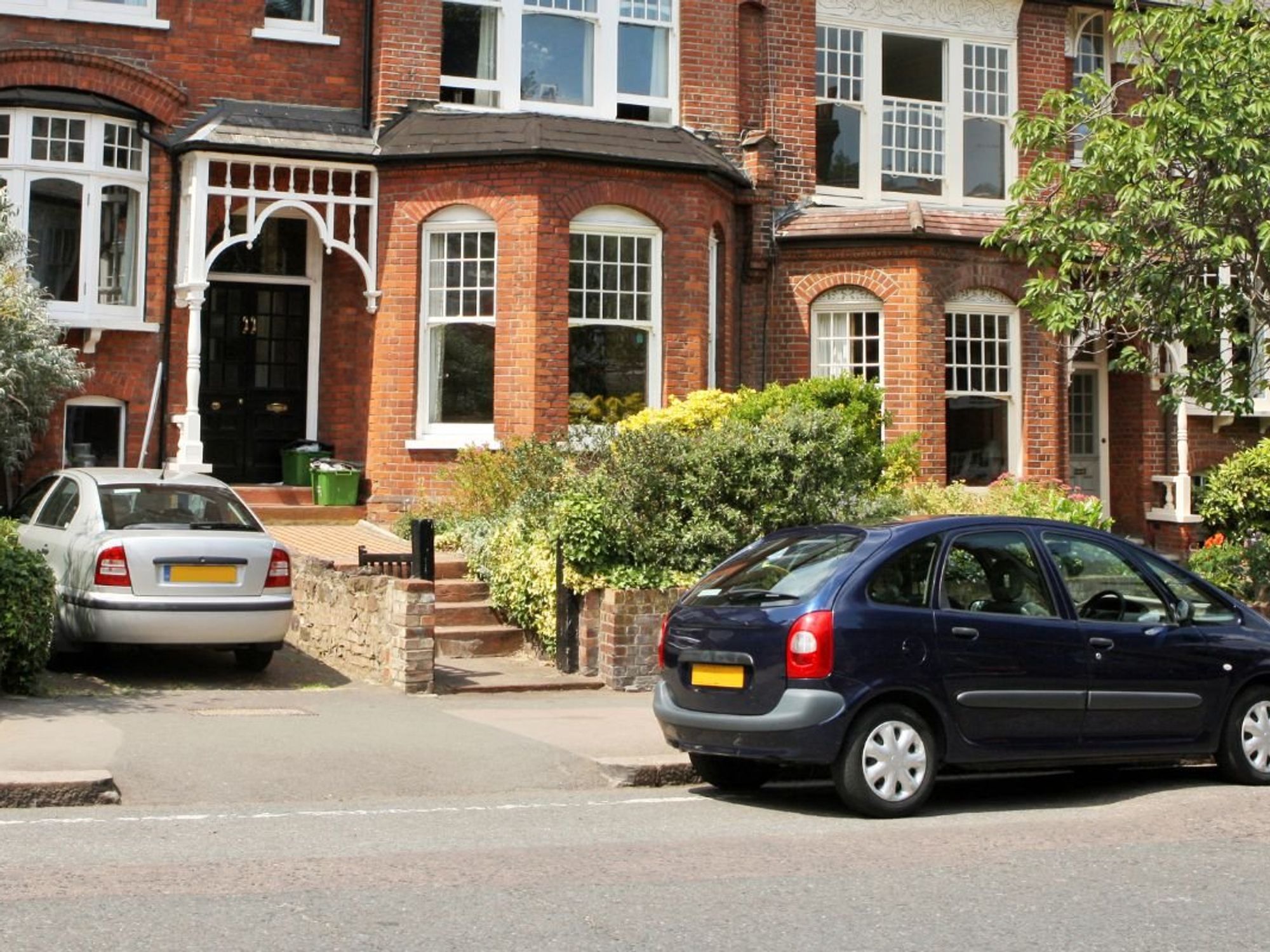Drivers support delay to 2035 petrol and diesel ban deadline as major electric car concerns remain
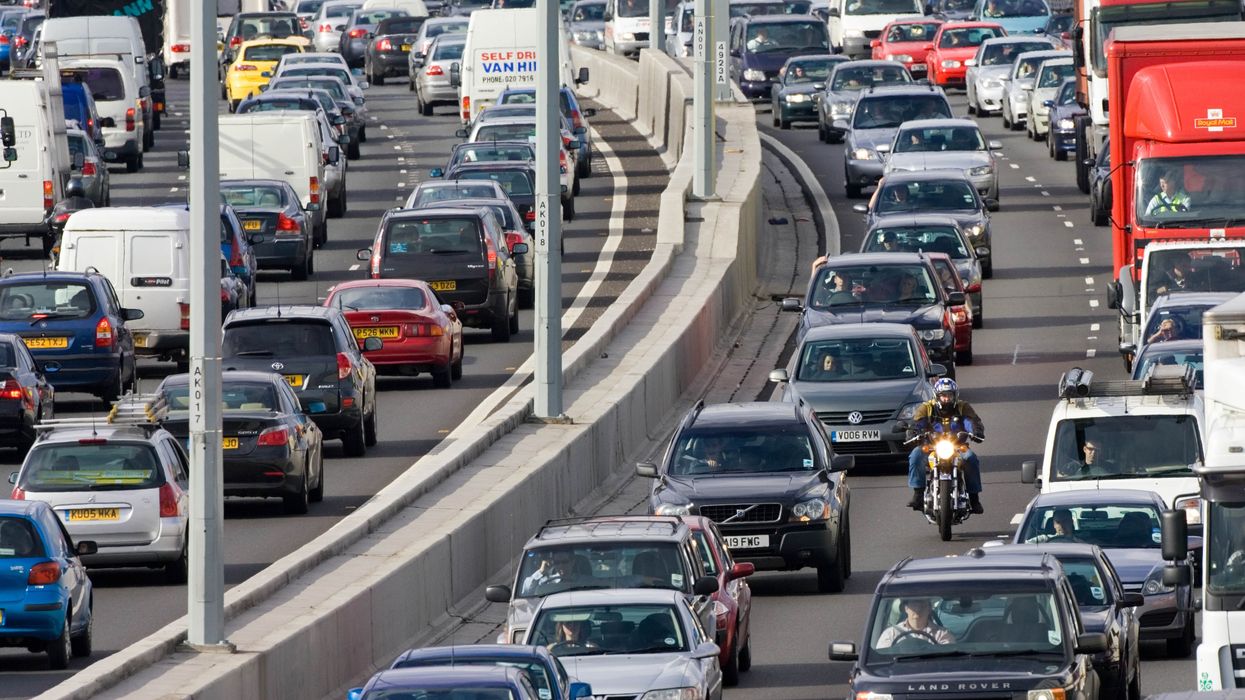
Almost two-thirds of drivers support the decision to delay the ban
|GETTY

Sales of new petrol and diesel vehicles will now be banned from 2035, not 2030
Don't Miss
Most Read
The majority of drivers in the UK support the Government’s delay to the 2030 petrol and diesel car ban, new research has found.
More than 60 per cent of people said they were in favour of the decision to continue selling vehicles with internal combustion engines until 2035.
One of the main changes introduced was to delay the ban on the sale of new petrol and diesel cars and vans from 2030 to 2035.
This was done to bring the UK in line with the likes of Germany, Canada and Sweden and ahead of New Zealand and most American states.
Of the 1,056 in-market buyers surveyed, 43.3 per cent who are in favour of the delay said charging infrastructure wouldn’t be ready for the original 2030 deadline.
Further reasons include the upfront cost of electric vehicles, ongoing range anxiety and a belief that the 2030 ban would negatively affect UK businesses.
For 14.5 per cent of drivers, the reasons were much more simple, stating that they preferred driving petrol and diesel vehicles.
Steve Huntingford, What Car? editor, said: “It is telling that nearly two-thirds of UK drivers are in favour of pushing back the 2030 deadline.
“Concerns about a lack of charging infrastructure readiness and the cost of EVs are at the fore, highlighting how consumers believe that more time is needed for full electrification to be implemented."
This will require manufacturers to ensure 22 per cent of total sales are zero emission vehicles, with further increases to come over the next 12 years.
Key benchmarks include 80 per cent of sales being electric by 2030 and 100 per cent by 2035.
Generally, car buyers had not been swayed by the delay, with 29.5 per cent of people saying they had bought an ICE or hybrid car since the original announcement in 2020.
Only 2.8 per cent of people said the Government's original announcement had prompted them to opt for an electric vehicle.
Steve Huntingford continued, saying: “It’s crucial that the Government uses the extra five years to tackle these concerns.
“However, with the ZEV mandate now confirmed, it feels like motorists are being sent mixed messages, so incentives also need to be offered in the short-term to make going electric more appealing.”
Shockingly, 44.8 per cent of drivers were not aware of the ZEV mandate at all, while 28.1 per cent of respondents were opposed to the mandate.
LATEST DEVELOPMENTS:
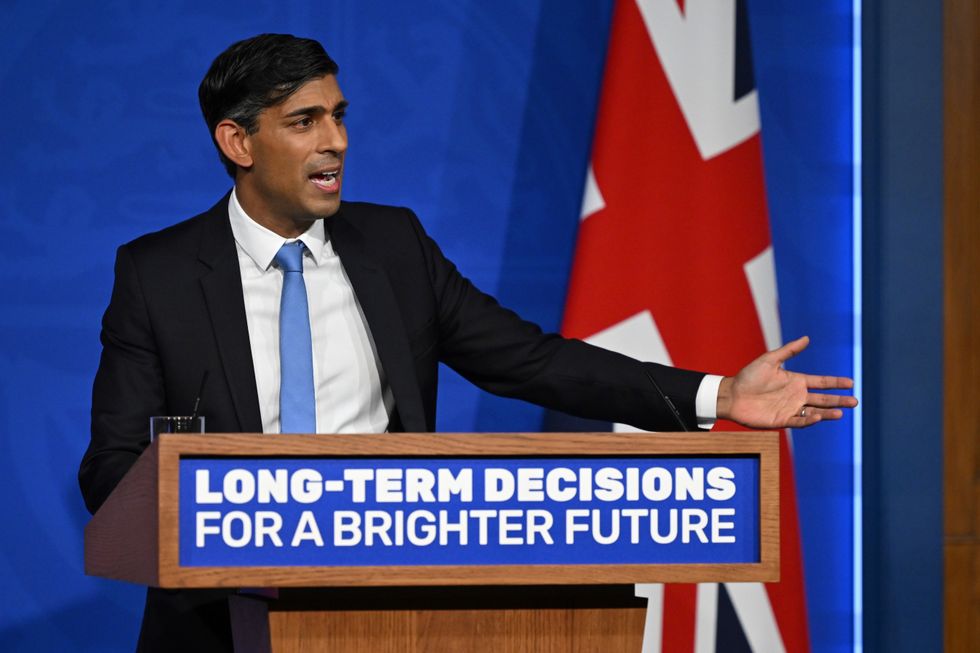
Rishi Sunak unveiled the delay to the car ban last month
|PA
A further 17.6 per cent said they had no opinion on the delay to the petrol and diesel ban deadline.





